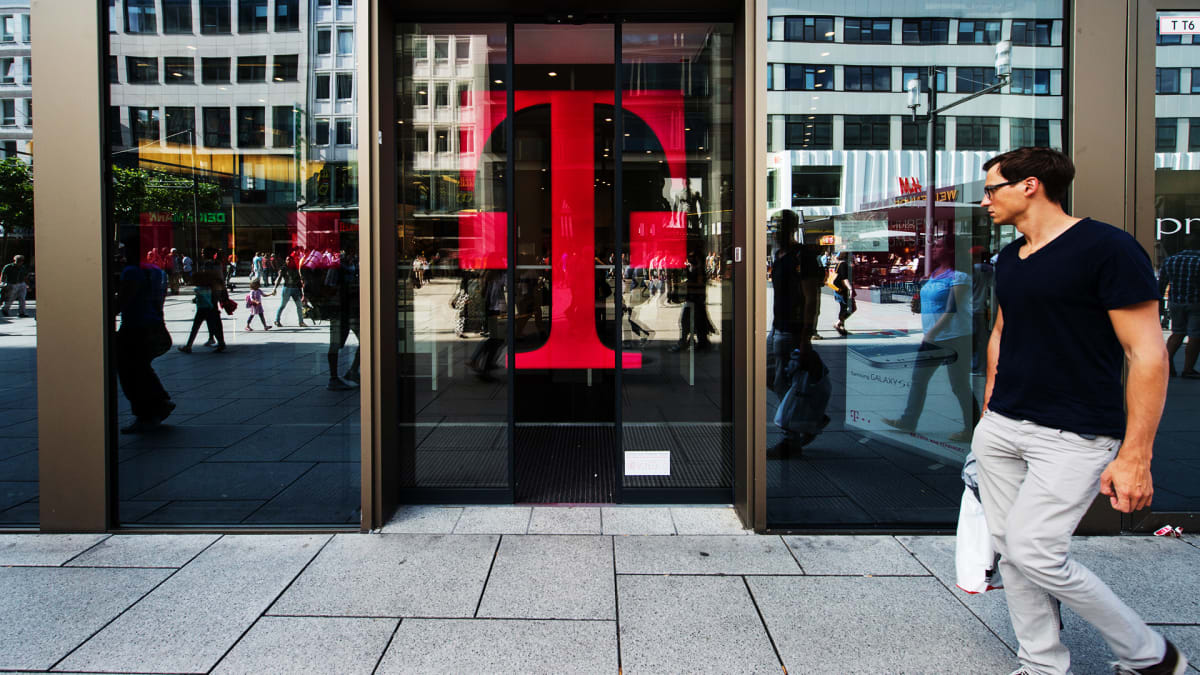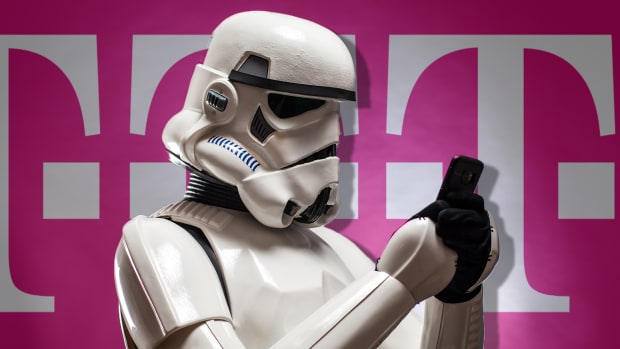
T-Mobile has taken its disruptive approach from the wireless space into the internet market.
It has targeted the incumbent internet service providers with the same it used to win market share from AT&T (T) and Verizon (VZ).
That has meant being clear with customers. T-Mobile (TMUS) offers 5G internet for $50 a month as long as customers use autopay. The price, with taxes and fees included, is guaranteed for life. And it's very different from how incumbent market leaders Comcast (CMCSA) and Charter Communications (CHTR) operate.
DON'T MISS: T-Mobile Follows Verizon by Adopting Unpopular Pricing Policy
Those companies use low-priced teaser offers that expire after a year or two, when higher prices then kick in. They also don't offer a flat price. Instead they charge fees for modem rentals and who knows what else.
The problem for consumers is that while T-Mobile offers clear and lower pricing, its 5G network has major limitations. Speeds can vary a lot based on location. And 5G simply isn't as fast as fiber and the other types of connections Comcast and Charter offer.
Now, T-Mobile has been quietly taking steps to offer a network that's built on the fastest technology available. That could be very good news for consumers.

Image source: Shutterstock/TheStreet
T-Mobile Adds Fiber Partners
T-Mobile has started offering fiber-based internet connections in select markets, Fierce Wireless first reported. The company did not offer a lot of details but did say that it's working with Pilot Fiber to provide service in New York and Intrepid Fiber in Colorado.
“We will have local marketing in areas T-Mobile Fiber is available,” stated T-Mobile in response to questions from Fierce Wireless. “Eligible customers can get T-Mobile Fiber 500 Mbps for $55/month or 1 Gbps for $70/month. Customers who preorder today can get their first 30 days free.”
The company also put that news up on the sparse (and not really promoted) T-Mobile Fiber website.
"We're adding new fiber-optic internet locations regularly," the company said.
Why T-Mobile Fiber Matters to Customers
T-Mobile, branding itself the Un-carrier, executed strategies that lowered prices in the wireless space. The company forced Verizon and AT&T to drop things like overage charges, long-term contracts, and misleading pricing.
If T-Mobile has a product that can compete with Comcast, Charter, and other ISPs when it comes to speed, it could force similar changes in the internet space.
Many consumers in the U.S. have only one option for internet connectivity, and even those with multiple options often pick from multiple consumer-unfriendly options.
With a 5G product, T-Mobile offers an alternative that comes with some compromises. 5G might be good enough for people who are looking to watch some streaming videos and don't heavily rely on their internet connections, but it's not the same as having traditional internet.
If T-Mobile and its partners can build a nationwide fiber network, the company would become a true rival to the incumbent market leaders.
That would likely be a major disruption to the market as it would be hard for Comcast and Charter to justify their current pricing policies if another major brand offered a similar product for less money.
T-Mobile is in the early days of offering internet service, but its seems clear that the company has major plans for the space.







